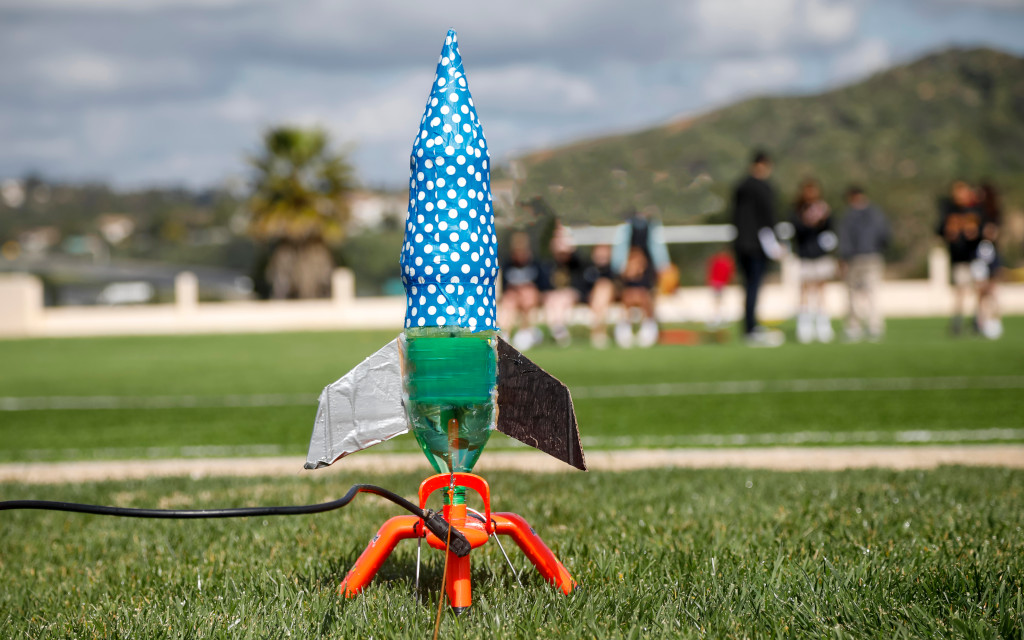Associations team up to launch aerospace education push
Two associations representing aerospace engineers and science teachers announced a new effort to bolster aerospace education and encourage more students to pursue careers in the field.
- April 19, 2022 |
-
 Walt Williams
Walt Williams


Groups hope to shrink skills gap, attract more women and ethnic minorities
Two associations representing aerospace engineers and science teachers announced a new effort to bolster aerospace education and encourage more students to pursue careers in the field.
The American Institute of Aeronautics and Astronautics, National Science Teaching Association and model rocket manufacturer Estes Industries have launched Exploration Generation, which will provide K-12 educators with free lesson plans and curriculum storylines to help guide students as they explore various concepts in aerospace, engineering and rocketry, according to a joint statement.
The new program seeks to address three problems facing the U.S. aerospace and defense industry: a skills gap among STEM-literate students entering the industry, a need for greater participation by women and ethnic minorities, and a growing knowledge gap as more people retire.
"We all recognize the need for a diverse and robust STEM next generation who use what they learn today to innovate and invent tomorrow," AAIA Executive Director Dan Dumbacher said in a statement. "These new resources will help even more educators join us in shaping the future of aerospace."
Estes will match AIAA contributions to Exploration Generation in the first year of launch through in-kind donations to participating schools and continue in all subsequent years. At least two years of educational programming are planned at this time. NSTA will make curriculum materials available to teachers.
"Now more than ever, it is important for students to have access to high-quality learning experiences that expand their perspectives about science," NSTA Executive Director Erika Shugart said. "Aerospace and rocketry provide unique opportunities for educators to engage students in STEM concepts."
